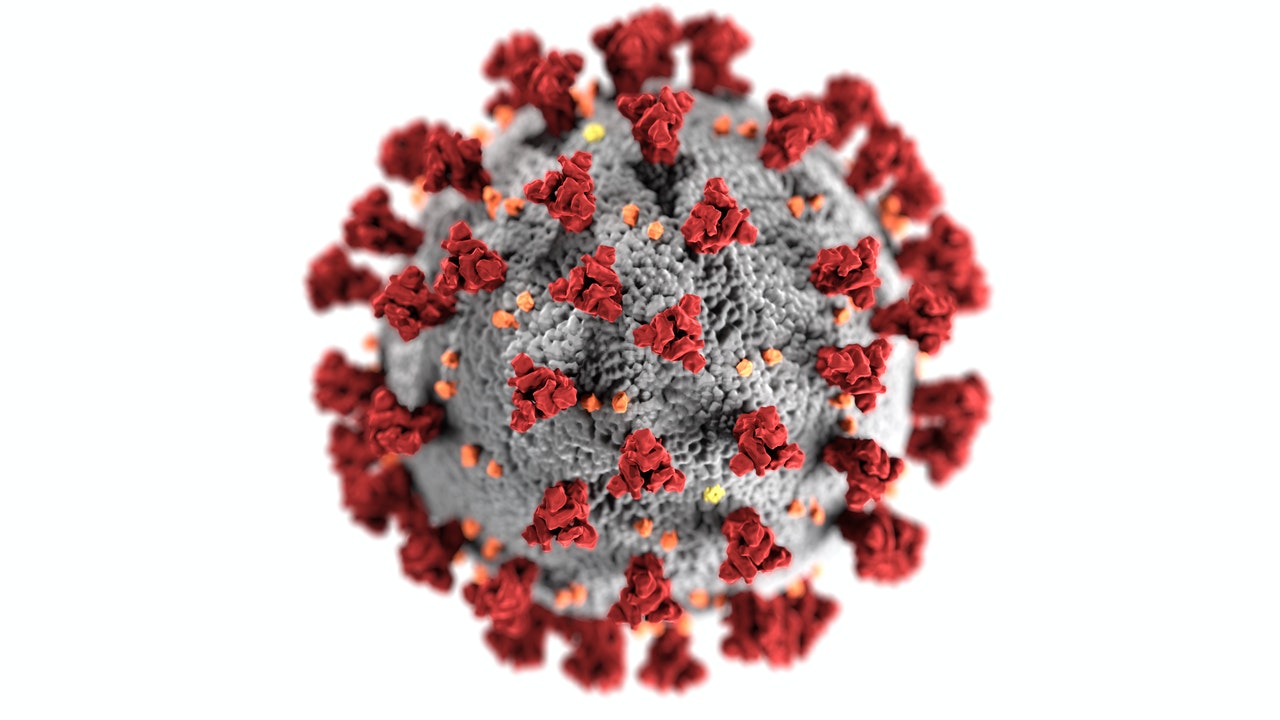
Swedish Current Covid 19 Rules & Recommendations
Current rules and recommendations
Here you will find a summary of the prohibitions, advice and recommendations that are in effect at the moment because of Covid-19. In the summary, we have selected the advice and recommendations that affect you as an individual.UPDATED 28 DEC 2021 21:13
Restrictions and prohibitions
Entry ban to Sweden from most countries outside the EU/EEA
A ban on entry to Sweden is in effect for non-essential travel from most countries outside the EU/EEA. The ban does not apply to Swedish citizens, citizens of another EU/EEA country or citizens from a number of exempt countries. Swedish citizens and foreign nationals who are registered in Sweden are always entitled to travel into Sweden.
Read more under International travel, where you will find information about which countries are exempt from the entry ban and what is needed in order to be granted an exemption from the entry ban.
Requirement for a negative Covid-19 test when entering Sweden
Foreign travelers over the age of 12 need to present a negative Covid-19 test when arriving in Sweden, regardless of which country you are traveling from and regardless of whether you have been vaccinated. Tests acknowledged are antigen tests or PCR/NAAT-tests. The test need to be taken within 48 hours before arrival. Information about the test requirement (in Swedish only)
The test requirement does not apply to foreign nationals who are registered in Sweden, have residence permits or residence status in Sweden or the EEA , or EU/EEA citizens who are using their right of residence for stays of at least three months.
Information on traveling to Sweden during the pandemic (The Swedish Police)
Vaccination certificates in public gatherings indoors
- To take part in public gatherings and events indoors a vaccination certificate must be shown if there are more than 500 participants. There must be no more than eight people in each party, and a distance of one metre must be kept between parties.
- Public gatherings and public events with more than 20 participants must have designated seating only, irregardless of if a vaccination certificate is required by the organizers or not.
- If the organizers choose not to check vaccination certificates, all participants must have designated seats, parties must have no more than eight people, and a distance of one metre must be kept between parties. Religious gatherings are exempt.
Private gatherings in rented premises
Private gatherings held in rented premises can have a maximum of 50 participants. The restriction does not apply to funeral ceremonies.
Advice and recommendations
- Keep your distance from other people in public settings, especially indoors.
- If possible, adults should avoid crowded public transport by choosing to travel at times other than during rush hour or using other means of transport, such as walking, cycling or travelling by car.
- Adults should use face masks on public transport if crowding cannot be avoided.
- Anyone with symptoms of Covid-19 should stay at home.
- Anyone with symptoms over the age of six who has not had covid-19 in the past six months should get tested.
Get tested after arrival
The Public Health Agency of Sweden recommends that everyone who has been abroad gets tested for Covid-19 as soon as possible after entry into Sweden, preferably on the same day.
This applies to both vaccinated and unvaccinated people, even if they have had Covid-19 in the past six months. This also applies to those who have shown a negative test in connection with entry. Children under pre-school age are exempt.
Special advice to those not vaccinated
If you are not vaccinated, you have a special responsibility and are encouraged to avoid close contact with people in risk groups and people who are aged 70 or over
Employers are encouraged to:
- Make it easier for employees to get vaccinated and inform them of the importance of staying at home when they have symptoms.
- Enable employees to keep their distance from each other, for example, at meetings, in coffee rooms and changing rooms. Avoid large gatherings indoors with many participants.
- Enable employees to work from home to a certain extent when the work allows.
General advice to those running a serving venue
Those running a venue serving food and drink are responsible for ensuring that the premises are designed so that crowding can be avoided. According to the Public Health Agency of Sweden’s general advice, this may mean that the person operating the venue can, for example:
- Limit the number of visitors present at the same time in the venue.
- Rearrange furniture or take other measures to create space.
- Mark distances on the floor or in some other way mark which distance visitors should keep from each other.
- Use alternative solutions for queues such as ticketing systems.

Check this website – https://www.krisinformation.se/en/hazards-and-risks/disasters-and-incidents/2020/official-information-on-the-new-coronavirus/travel-restrictions